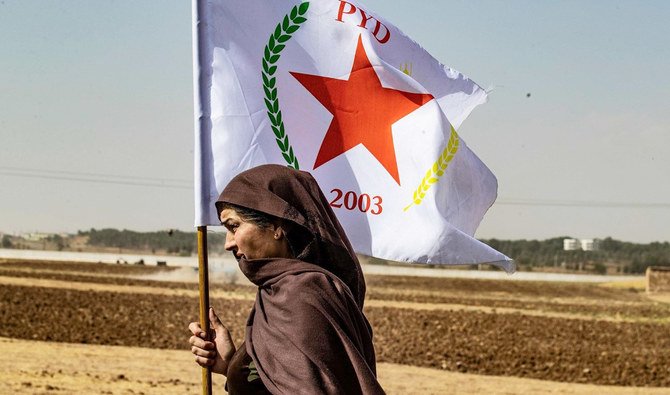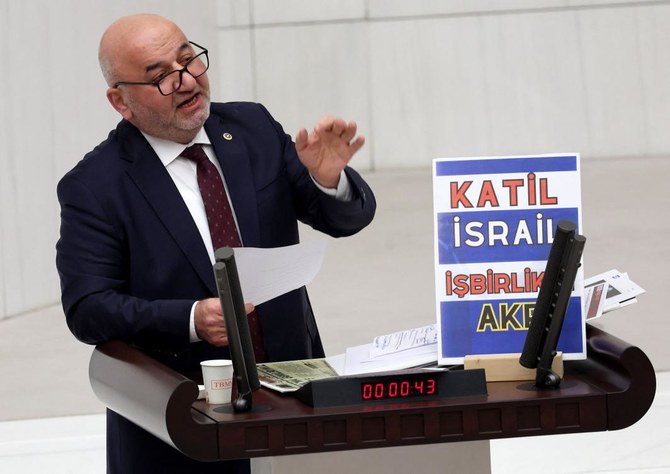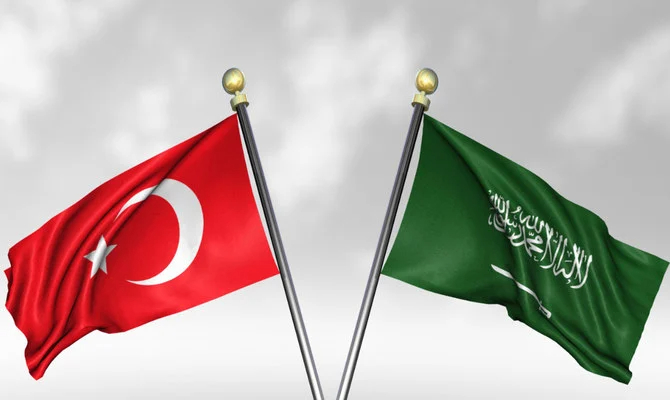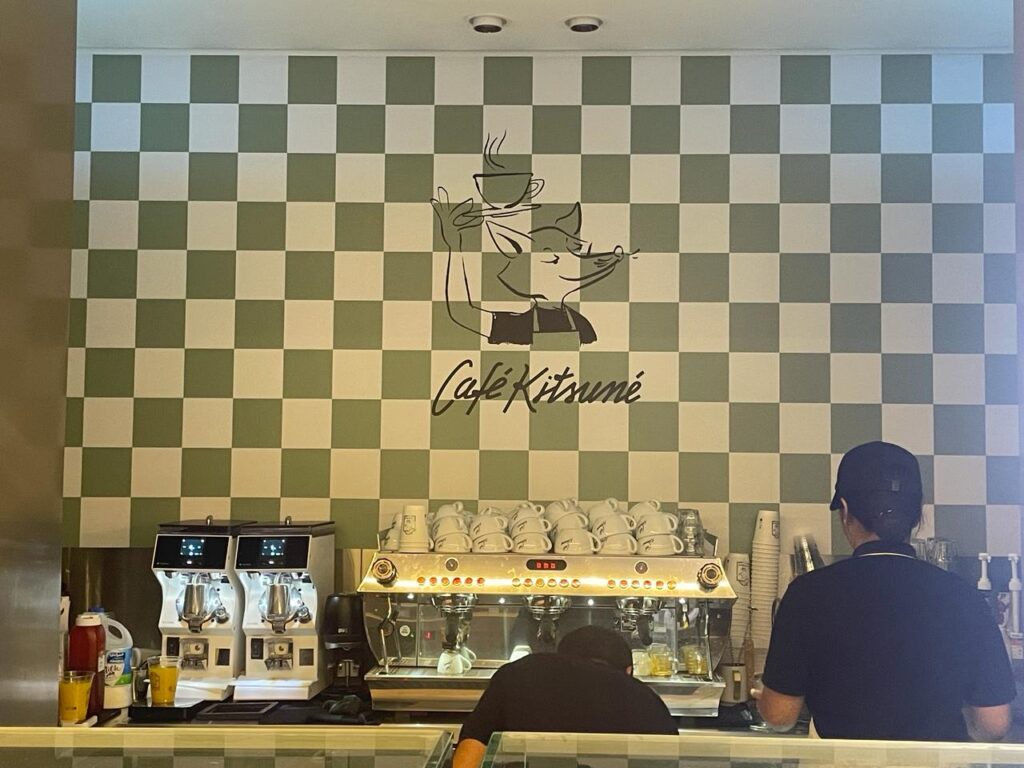ISTANBUL: Talks since Sunday between a French delegation and Kurdish parties in northeast Syria hint at a new source of tension between Paris and Ankara. The talks are part of efforts to unify Syrian Kurds in preparation for a potential peace settlement in the war-torn country.
The French delegation first met with the Kurdish National Alliance (HNKS), which is close to the Democratic Union Party (PYD). The delegation reportedly engaged in direct talks with the PYD leadership the day after.
Turkey considers the PYD and its military wing, the People’s Protection Units (YPG), as extensions of the Kurdistan Workers’ Party (PKK), which has fought for autonomy in Turkey for more than three decades and is designated a terrorist group by Ankara, the US and EU.
France, which hosted Syrian-Kurdish delegations in Paris last year, has not released an official statement about the visit. Ties between France and Turkey have been strained in recent years, mainly because of their divergent regional policies.
French President Emmanuel Macron has criticized Turkey’s military offensive launched in October 2019 in YPG-controlled areas of northern Syria, and has met with senior Syrian-Kurdish officials.
In return, Turkish Foreign Minister Mevlut Cavusoglu accused Macron of sponsoring terrorism.
Igor Delanoe, deputy director of the Moscow-based Observo French-Russian Analytical Center, said the French-Kurdish talks will further strain relations between Ankara and Paris. “France wants to regain some kind of political foothold in the conflict, after having unsuccessfully supported opponents of the Syrian regime,” he told Arab News.
“If the French succeed in uniting the Syrian Kurds, it will provide them with some credit that they can capitalize on to contribute on the political stage to post-crisis Syria, because the US isn’t interested in a settlement of the crisis.”
Another French objective of the talks, said Delanoe, relates to security. “Many French radical jihadists are said to be prisoners of the SDF (Syrian Democratic Forces, of which the YPG is the main component),” he added.
“Riots have broken out in an SDF-controlled jail where thousands of terrorists are held. For Paris, there’s a direct interest that these people don’t fly away. In return for the Kurds making sure this doesn’t happen, France can offer some political commitment and support to the Syrian Kurds’ cause.”
At the regional level, Delanoe said the French-Kurdish talks are a direct reaction to Turkey’s increased footprint in Libya.
In January, Ankara and Paris blamed each other for Libya’s instability, and Macron said Turkish ships escorting Syrian mercenaries arrived on Libyan territory. “As a result, France is trying to leverage the Kurds to curb Turkey’s ambitions,” Delanoe said.
Samuel Ramani, a Middle East analyst at the University of Oxford, told Arab News that the French-Kurdish talks “follow a long string of perceived escalations against Turkey from Ankara’s point of view.”
He said: “France sent warships to the eastern Mediterranean in late January, which was widely interpreted in Turkey as a show of solidarity with Greece. More recently, France sent an unauthorized flight over Libya, and there are concerns in Turkey that France could use the EU maritime arms embargo against Libya to deter Turkish military support for the GNA (Governmental of National Accord).”
He added: “Negotiating with the Syrian Kurds will only inflame tensions with Turkey at this time. I think the bigger impact will be on French-Turkish relations rather than Turkish policy in Syria.”
Ramani expressed skepticism about the French-Kurdish talks. “Past mediation efforts, including those brokered by France, have failed to promote Kurdish unity, and given the divisions among Kurds about (Syrian President Bashar) Assad, there’s little sign that there will be more success this time,” Ramani said.






















